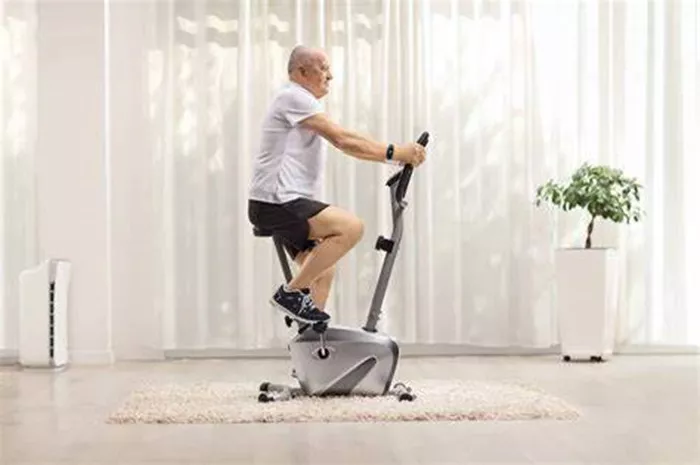The Social Security Office (SSO) has announced the extension of urgent medical care for individuals suffering from stroke and heart disease. This initiative, approved by the Social Security Board, will ensure access to necessary treatments until recovery is complete. The program, which begins on April 1, 2025, will remain in effect through December 31, 2025.
Marasri Jairangsi, Secretary-General of the SSO, confirmed the decision during a briefing held on March 25 at the Social Security Office in Nonthaburi. The announcement followed the 14th meeting of the Social Security Board, chaired by Montri Thirakotai, an employer representative.
The meeting focused on extending coverage for the SSO 515 project, which aims to improve treatment standards for critical conditions such as stroke and cardiovascular diseases. Previously, the project’s funding for these conditions had expired in December 2024. However, the board has now authorized the extension to ensure that insured individuals have continuous access to care.
As part of this extension, insured patients will receive prompt access to medical procedures. Specifically, surgery for stroke patients must take place within 15 days of diagnosis. The initiative also includes the use of robotic assistance for prostate and colorectal cancer surgeries, which will begin on April 1.
Key Developments:
The SSO has signed a Memorandum of Understanding (MOU) with a number of hospitals to enhance medical services.
For stroke patients, hospitals will provide treatments for conditions such as cerebral artery stenosis or occlusion, with thrombectomy procedures performed within six hours of arrival. Forty hospitals, including Chularat 3 International Hospital and Vibhavadi Hospital, are involved in this effort.
For cardiovascular patients, emergency procedures must be conducted within 60 minutes at 12 designated hospitals, including the Neurological Institute in Bangkok and Vibhavadi Hospital.
From April 1, insured individuals can seek treatment at any participating hospital or others within the network, ensuring that they receive comprehensive care until treatment completion. In cases requiring extended care beyond surgery or specific procedures, patients will be referred back to their designated hospitals for follow-up treatment.
This initiative underscores the SSO’s commitment to providing critical care for stroke and heart disease patients, ensuring that timely and effective medical interventions are available to those in need.
For further details, patients and medical professionals are encouraged to consult with the Social Security Office’s official guidelines and participating medical facilities.
Related Topics


































